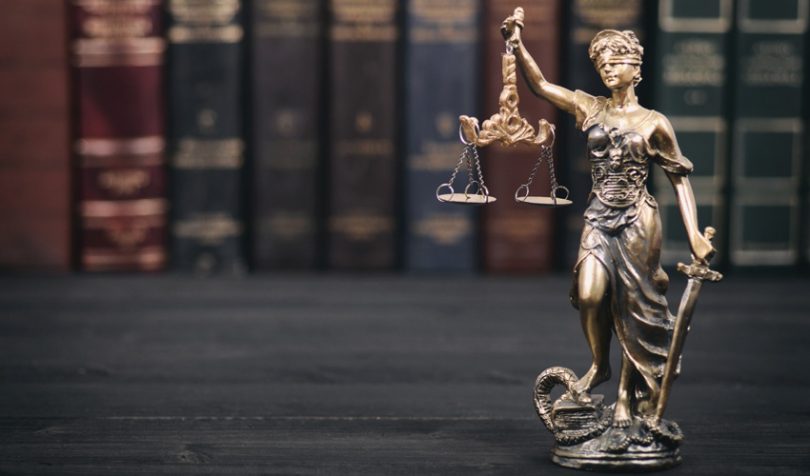Yesterday Thailand’s Office of the Court of Justice announced its plan to develop a blockchain network, currently under construction. The latest move comes as it transitions to becoming a Digital Court in 2020.
The network will be used to collect information for courts throughout Thailand, 91% of which are overseen by the Thai Court of Justice. The next step in its development is the training of court personnel, with Thailand expecting to be able to use the blockchain system as early as next year.
Despite the Office of the Court of Justice claiming it is the ‘first government agency in the world’ to use this type of system, China is already rather familiar with the use of blockchain in its courts.
Two years ago, the Hangzhou Internet Court launched its own blockchain judicial platform, following the courts debut in 2017. The technology was developed by Gondao Network Technology and was supported by Ant Financial. The launch came after China’s Supreme Court accepted that blockchain evidence could indeed be used in court.
Since the initial launch, the Internet Court’s blockchain platform also adopted smart contracting, used to file cases automatically. If a party to an online contract does not perform their contractual obligations, the data automatically enters the judicial blockchain and is sent to a mediation agency. If need be, litigation can then begin at the Internet Court. During the time it adopted smart contracting, the platform had over 1.98 billion transactions through its blockchain.
In late 2019, the Shangyu District People’s Court in Shaoxing city became the first offline court in China to order a criminal sentence based on blockchain stored evidence. The Court used distributed ledger technology (DLT) to ensure the authenticity of the evidence presented.
Internet courts that use blockchain could not only ensure judicial authenticity and transparency but could offer major advantages during unprecedented events such as with the COVID-19 pandemic. In the U.K., for example, the government had to resort to allowing certain civil proceedings to be carried out by phone or video call, also attempting to use ‘audio and video live links in criminal proceedings’ in an effort to enable courts to continue functioning.
In contrast, features of China’s Internet Courts include AI judges, each with their own onscreen avatars, and verdict delivery via chat apps. So far, not many other jurisdictions have taken the plunge to use blockchain in their courts, but Thailand’s latest development may just push other countries to follow suit.






